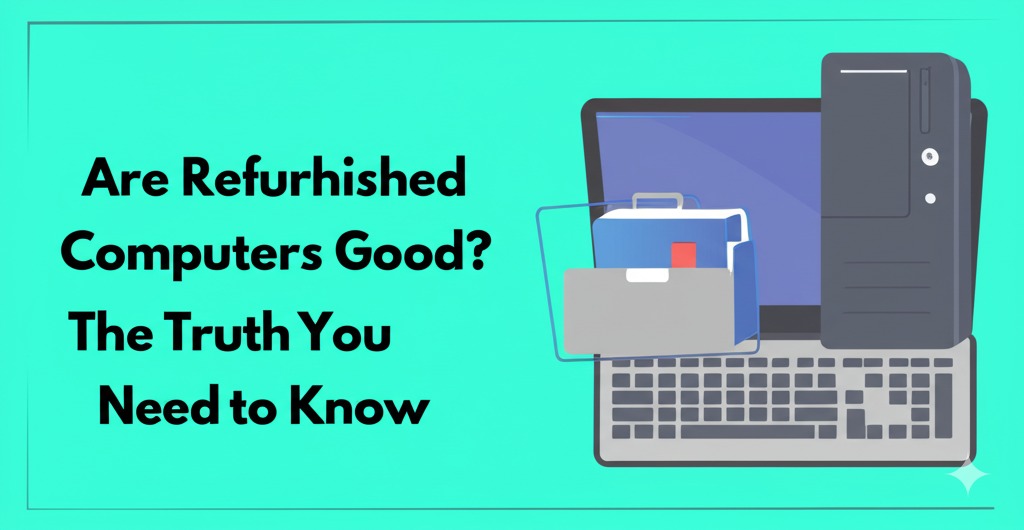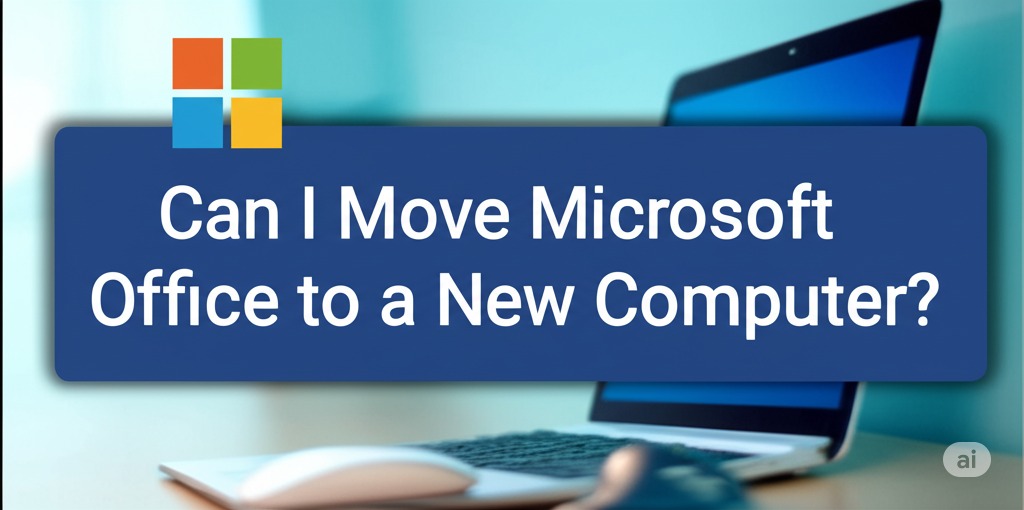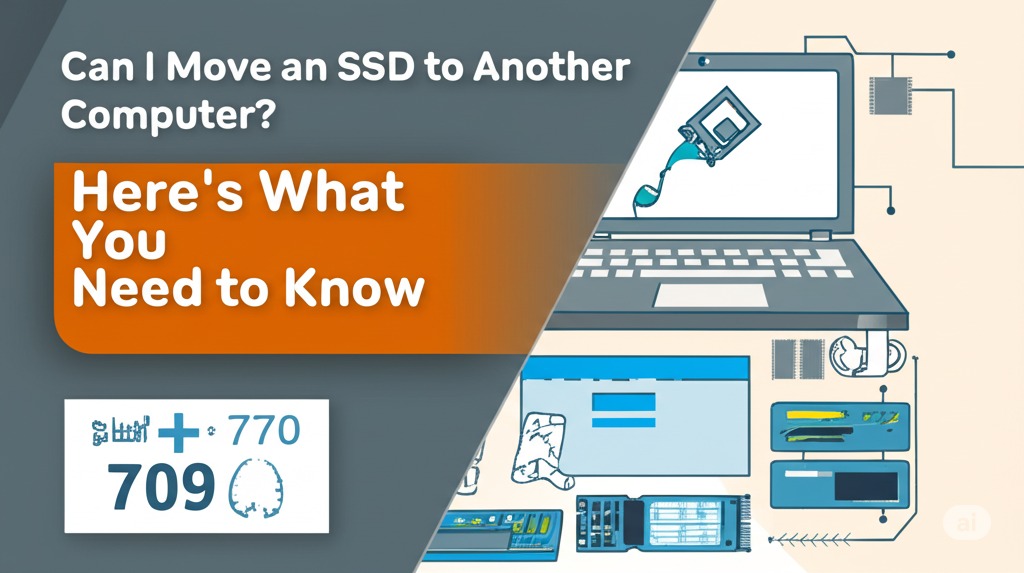Thinking about buying a refurbished computer but not sure if it’s worth it? You’re not alone. Many people wonder whether going refurbished means sacrificing performance or quality. But the truth might surprise you—in a good way.
In this article, we’ll break down everything you need to know about refurbished computers: what they are, their pros and cons, how they compare to new models, and whether they’re right for you.
What Is a Refurbished Computer?
A refurbished computer is a previously owned device that has been returned, inspected, repaired if necessary, and restored to good working condition—often by the manufacturer or a certified refurbisher.
Key Points:
- May come from returns, lease trade-ins, or overstock.
- Undergoes rigorous testing and quality checks.
- Typically sold at a significant discount.
Refurbished does not mean defective or outdated. In fact, many refurbished devices are barely used and offer excellent performance for a lower price.
Why Choose a Refurbished Computer?
1. Cost Savings
Let’s face it—refurbished computers are significantly cheaper than new ones. You can often save 30–50% or more on a laptop or desktop with similar specs to a new model.
Example: A refurbished MacBook Air might cost $600, while a brand-new version goes for $999+.
2. Eco-Friendly Choice
Buying refurbished supports sustainable tech habits. You’re helping reduce electronic waste and the demand for new hardware, which contributes to lower carbon emissions.
3. Tested for Quality
Contrary to what some might think, refurbished devices are thoroughly tested. Many come with:
- Certified refurbishing processes
- Warranty coverage (6–12 months)
- Updated software and cleaned components
Are There Any Downsides?
Like any purchase, there are a few things to consider before buying a refurbished computer.
1. Shorter Warranty Periods
While some refurbished devices come with warranties, they are often shorter than those offered on new products.
2. Limited Availability
You might not find the exact model or configuration you want. Inventory depends on returns and trade-ins.
3. Aesthetic Wear and Tear
Some refurbished units may have minor cosmetic blemishes like scratches or dents. However, this doesn’t affect performance.
Refurbished vs. Used: What’s the Difference?
It’s important not to confuse refurbished with simply used.
| Feature | Refurbished | Used |
|---|---|---|
| Testing | Professionally tested | Usually sold as-is |
| Repairs | Repaired and updated if needed | No guaranteed repairs |
| Warranty | Often comes with a warranty | Rarely includes a warranty |
| Reliability | Higher (especially from certified sellers) | Variable |
Pro tip: Always buy refurbished from reputable sources like Apple, Dell, Best Buy, or Amazon Renewed.
Who Should Consider a Refurbished Computer?
Refurbished computers are a smart choice for:
- Students looking for an affordable laptop.
- Small businesses needing reliable tech on a budget.
- Casual users who don’t need cutting-edge specs.
- Environmentally conscious consumers.
Even professionals can benefit—especially if you find a high-spec model that’s just a year or two old.
How to Buy a Refurbished Computer Wisely
Before you click “Buy Now,” keep these tips in mind:
✅ Buy from Trusted Sellers
Stick to reputable brands and certified refurbishers to ensure quality and warranty coverage.
✅ Check the Return Policy
Make sure you have a window to test the device and return it if needed.
✅ Look for Warranty and Support
Even a 90-day warranty is a good sign. Some sellers offer extended protection plans.
✅ Inspect Specs Carefully
Ensure the specs meet your needs—look for CPU type, RAM size, SSD/HDD capacity, and operating system.
✅ Read Reviews
Customer feedback can offer insight into the refurbisher’s reliability and product quality.
Final Verdict: Are Refurbished Computers Good?
Absolutely—if you buy smart. Refurbished computers offer excellent value for money, especially for everyday tasks like browsing, streaming, working, and studying. With the right seller and a little research, you can score a reliable, powerful machine for a fraction of the cost of a new one.

Caleb Carlson is a contributing writer at Computer Site Engineering, specializing in computer technology, software trends, and hardware innovations. His articles simplify complex tech topics, making them accessible to readers of all levels.





